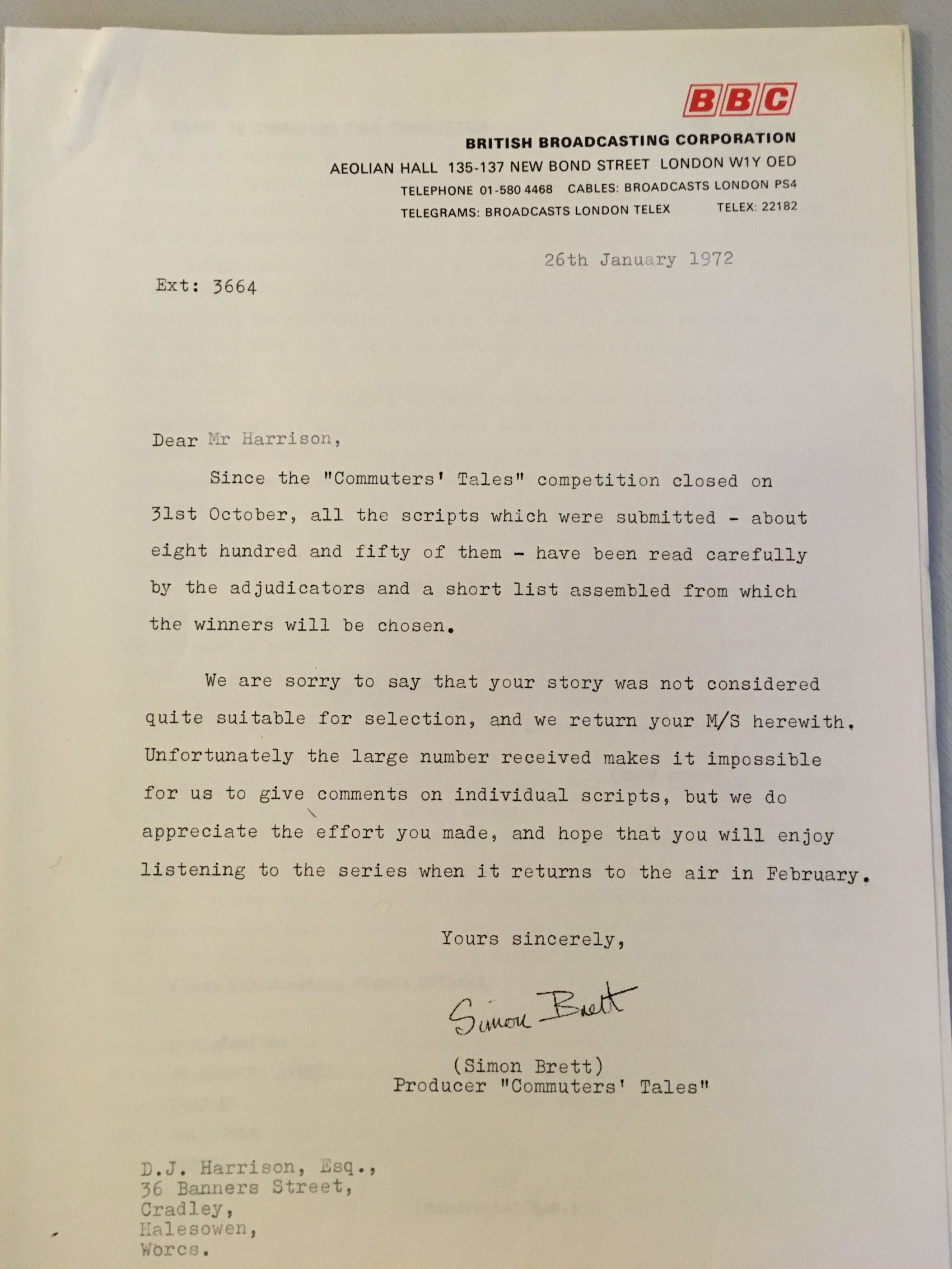Stephen King considers The Shining to be his breakthrough novel. Instead of doing more of the same that had earned him fame and fortune, he consciously decided to make the Shining something more. The way he did it was to concentrate on the character of the father and his upbringing so that the demons that afflicted him later on in the book are as much internal ones as the result of supernatural forces. According to King, being propelled by some external irresistible force provides too much of a comfortable excuse and dilutes the power of the narrative.
I found this insight extremely valuable and it has changed the way in which I view my own writing. My crime fiction books are primarily plot driven. Fast paced, breathless even. I try to pack as much story into each paragraph as I can. There's nothing wrong with that. As Vonnegut advised, I try to spend my reader's time as wisely as possible.
Lately, though, I've been working with my writing mentor on a project which is more an examination of character and relationships than whirlwind narrative. For me, it has been a completely new way of doing things. I'm a great proponent of the write the whole thing and don't look back until you've finished method. It has served me very well in the past and has the great merit of not having to make any judgements as I go along.
For this novel, and it's grown to novel proportions already, I'm constantly trying things out because I have the great benefit of someone I trust who can give me an opinion. There's been a lot of stuff that I've submitted which hasn't gone down at all well. Fortunately, I've sufficiently matured as a writer to view negative comments as even more valuable than positive ones. Sometimes I find it hard to agree with them but most of the time I'm able to reflect on the truth behind them and take them on board.
This has resulted in lots of rewrites, many versions of the same scene, drastic plot revisions galore. For example, an early version had the protagonist in a hospital bed paralysed apart from a couple of fingers on one hand which he used to type long accounts of early childhood. This might immediately seem cumbersome and overly melodramatic to you but it took me a while to get that myself.
I don't know if this will be my breakthrough novel and, quite honestly, it might not even see the light of publication. What matters is that I feel that I'm growing as a writer all the time and that's important.








